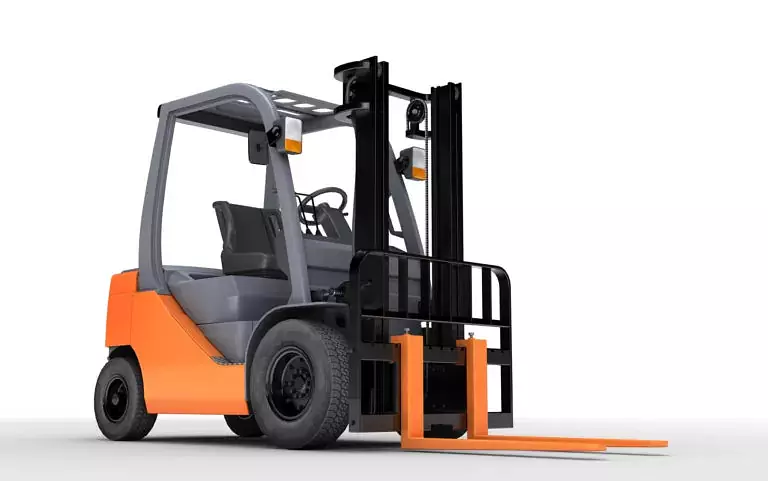 Are you considering an autonomous forklift for your warehouse but unsure of whether it will benefit you or not? There are many pros and cons associated with acquiring such a device. Whether it be costs, safety, efficiency, or productivity that is in question, there are a litany of considerations that must be made before purchasing that autonomous forklift. Here is a breakdown and analysis of the pros and cons of owning an autonomous forklift:
Are you considering an autonomous forklift for your warehouse but unsure of whether it will benefit you or not? There are many pros and cons associated with acquiring such a device. Whether it be costs, safety, efficiency, or productivity that is in question, there are a litany of considerations that must be made before purchasing that autonomous forklift. Here is a breakdown and analysis of the pros and cons of owning an autonomous forklift:
1) Reduced Human Involvement (Pro)– Due to the integration of automated technologies and interfaces, autonomous forklifts reduce human involvement which in turn allows you to allocate personnel and staff to other business-critical projects that require more of a human touch. These self-governing mechanisms can tackle most jobs that an average person can do without supervision.
2) Increased Productivity (Pro) –As a result of this decrease in human involvement and thus re-allocating human capital toward other initiatives, autonomous forklifts can improve productivity in that multiple tasks can be completed concurrently. Additionally, several objectives can be met and tackled in a fraction of the time, thus also promoting an efficient and methodical workplace. Traditional forklifts can tie up personnel due to routine operations and thus drag out projects that can be done in a shorter amount of time.
3) Bolstered Safety (Pro) – Less human interaction means less of a chance for any employee to get hurt. Some of the basic lifting and transportation of raw materials and goods can cause incidents and injuries to workers engaged in these cumbersome practices. By taking workers out of this environment, the risk of incident lowers dramatically. According to ILMM, the autonomous forklift can revolutionize the industry by essentially being an accessory that optimizes material handling in remarkable ways.
4) Learning Curve (Con) – While the autonomous forklift bodes many rewards for any that acquire one, there are some cons as well. For example, there is a learning curve in ascertaining how to utilize the technology appropriately and efficiently. For novice operators or seasoned veterans used to more conventional means of material handling, the autonomous forklift can be a bit of a shock to the system. While the initial stages of learning may seem daunting, it becomes easy to master with time. Nevertheless, the growing pains of skills retention must be something worth taking into consideration before investment.
5) Heavy Initial Investment (Con) – On the matter of initial investments, an autonomous forklift can be a heavy one from a budgeting perspective. While the machine has a lot of great uses and benefits, it does require a pretty penny to get started with. While autonomous forklifts can be an excellent tool to reduce costs long-term, from a short-term perspective they may be a bit pricey.
6) Technological Malfunctions (Con) – As is a matter with any form of technology, sometimes there are discrepancies and malfunctions. A traditional forklift is very straight-forward in that it requires a certain level of maintenance and care. However, be that these machines are catalyzed by modern technology, there are sometimes systematic matters that can be a nuisance.
